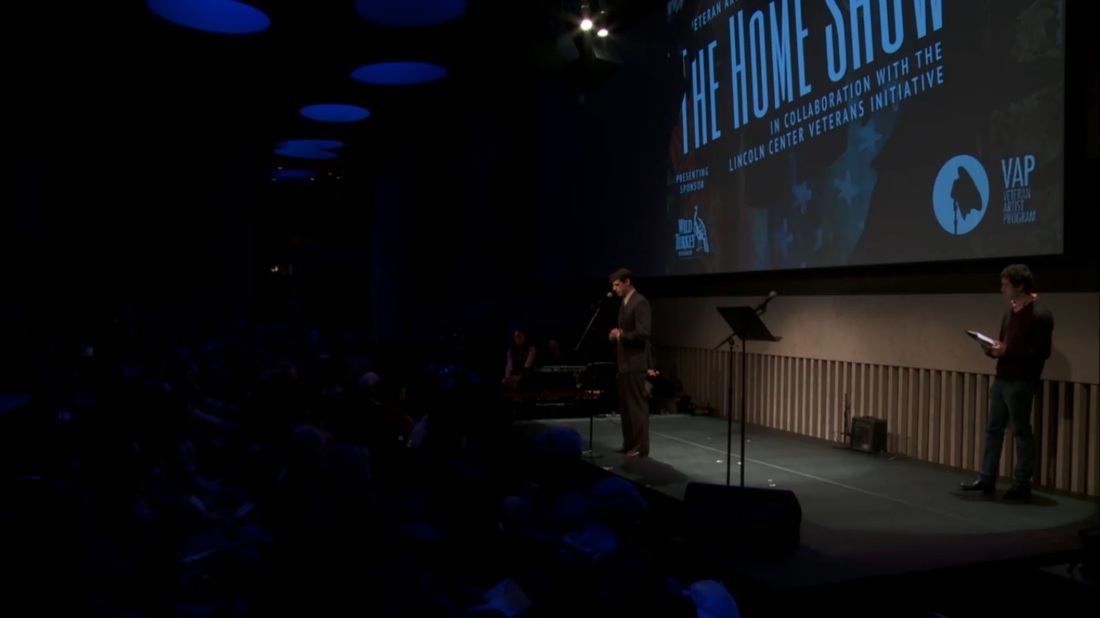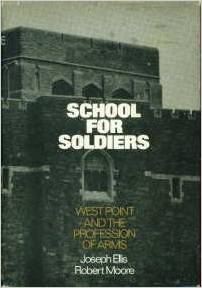My job is to help David collect his writings into a publishable form, and to encourage the National Center to deepen its connection to its partnering institutions, perhaps through the use of a Summer Institute for graduate students and early-career faculty members.
The basic philosophy of the National Center is simple and sharp. They seek to help Science, Technology, and Engineering and Mathematics (STEM) educators tie their courses to real-world civic problems, like clean drinking water, health screenings, and infrastructure safety. Students who study STEM material through a civics lens have better learning outcomes: they retain more of the information, they know how to connect technical knowledge with real-world problems, and they learn more about how they can influence the wider world if they stick with STEM education.
This is a great opportunity for me, as it enables me to learn more about the way the STEM disciplines study and interpret the civic problems that make up the meat and potatoes of political science.




 RSS Feed
RSS Feed
